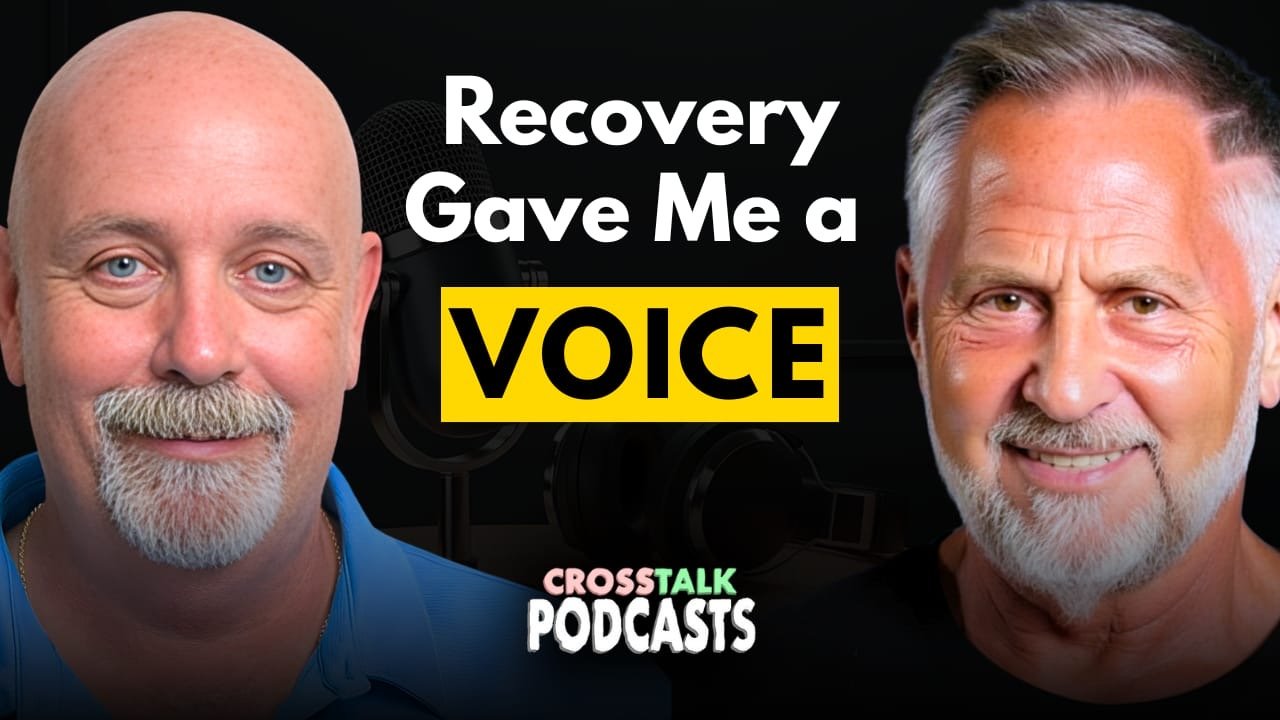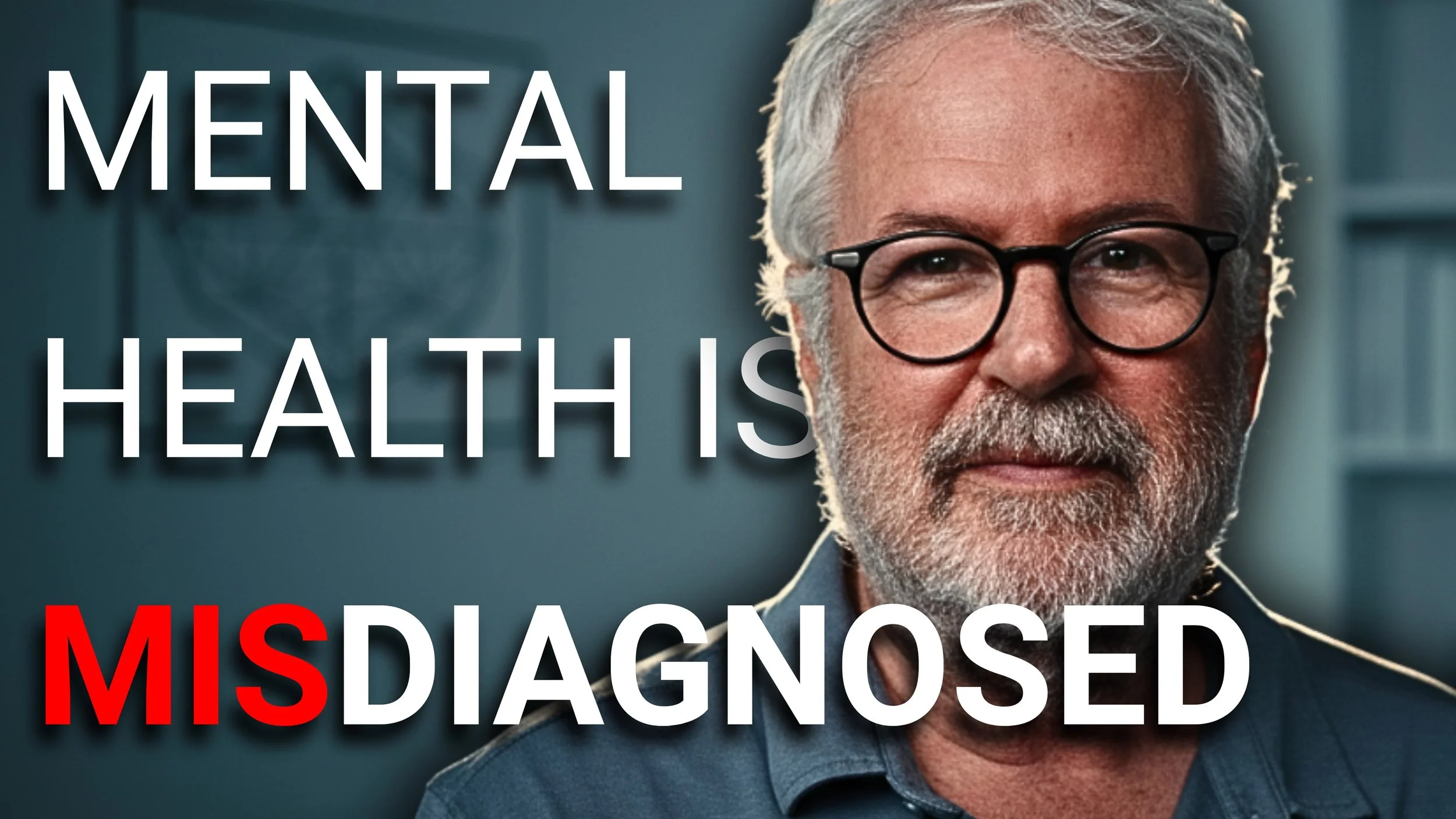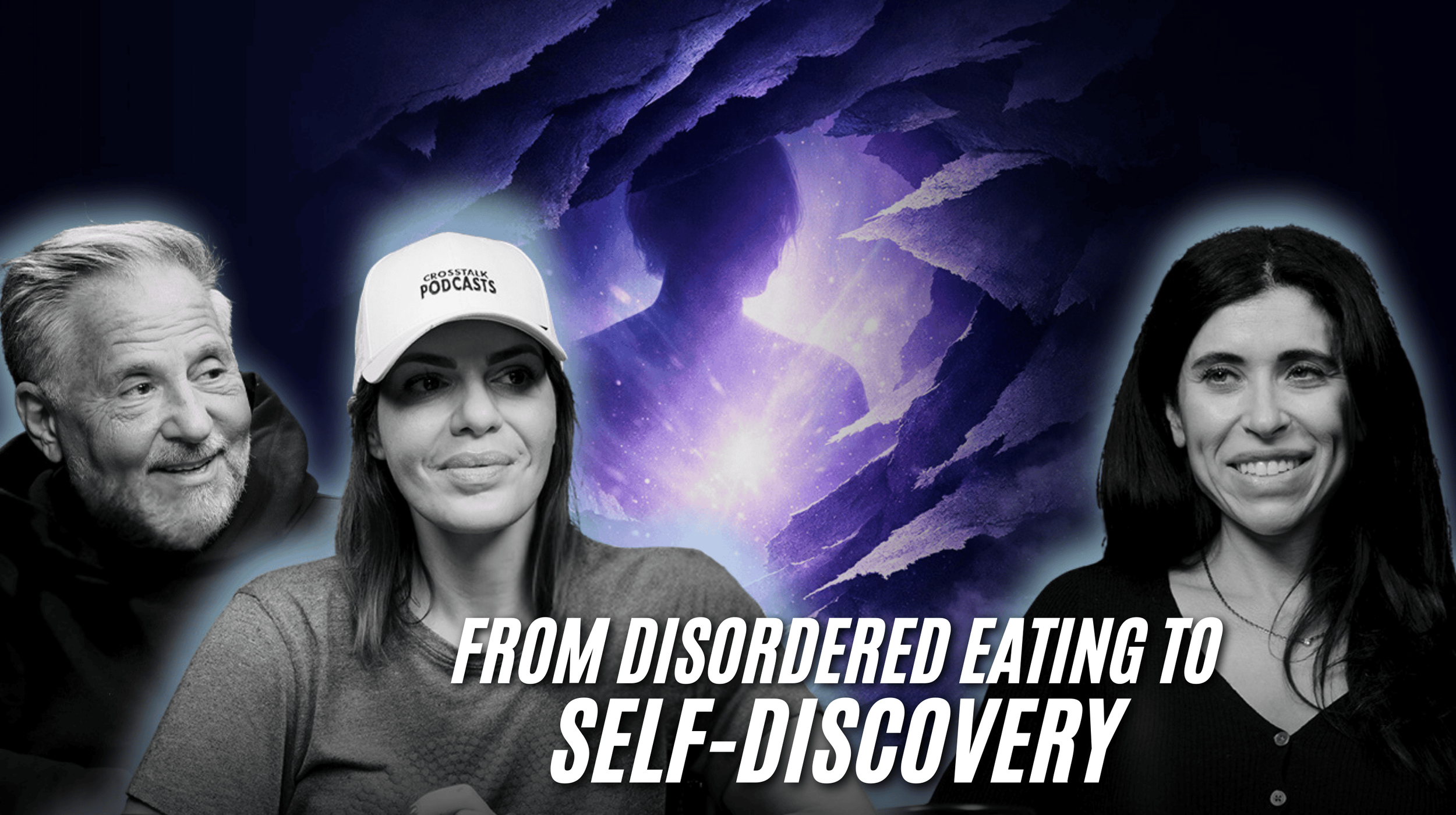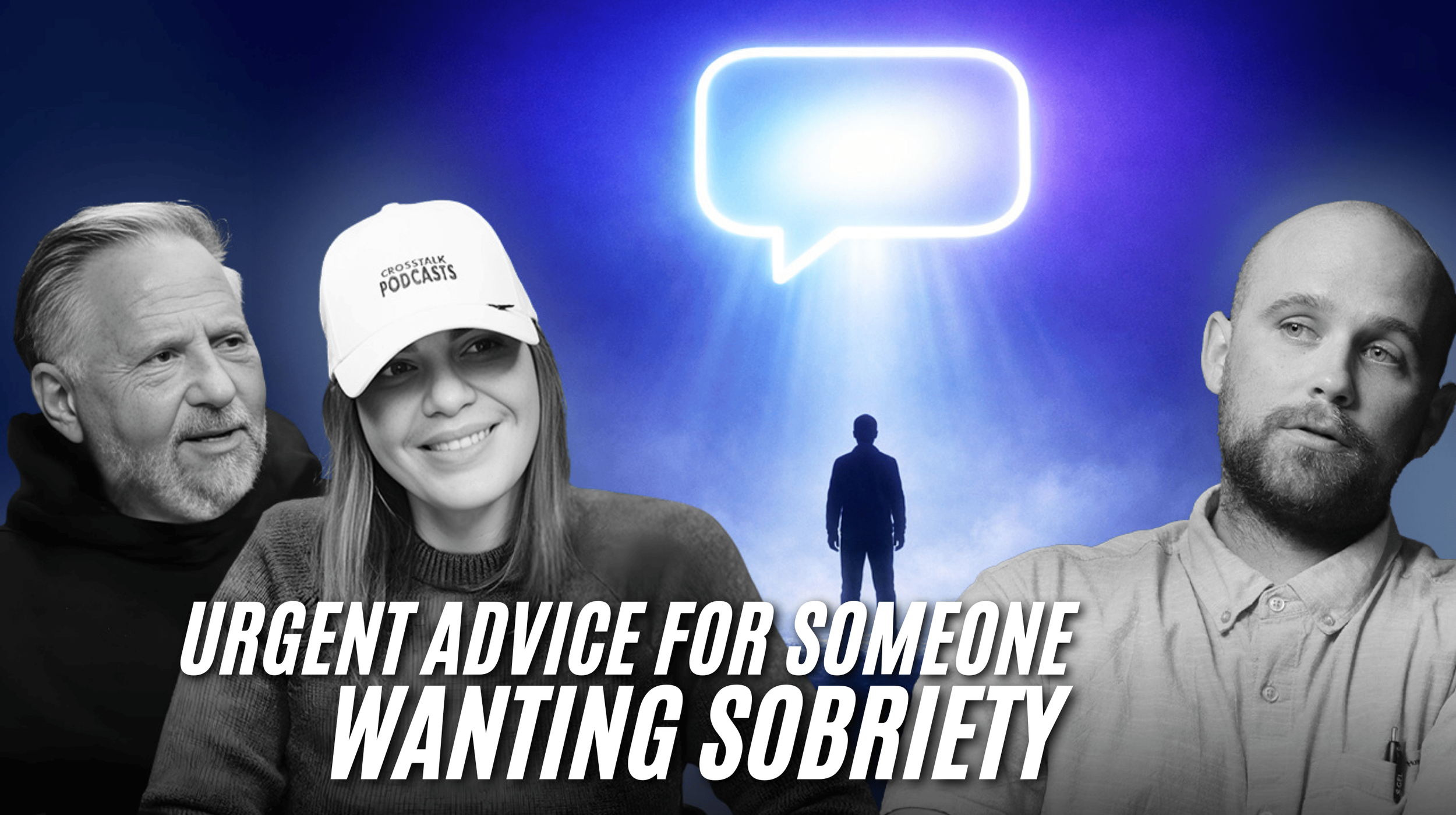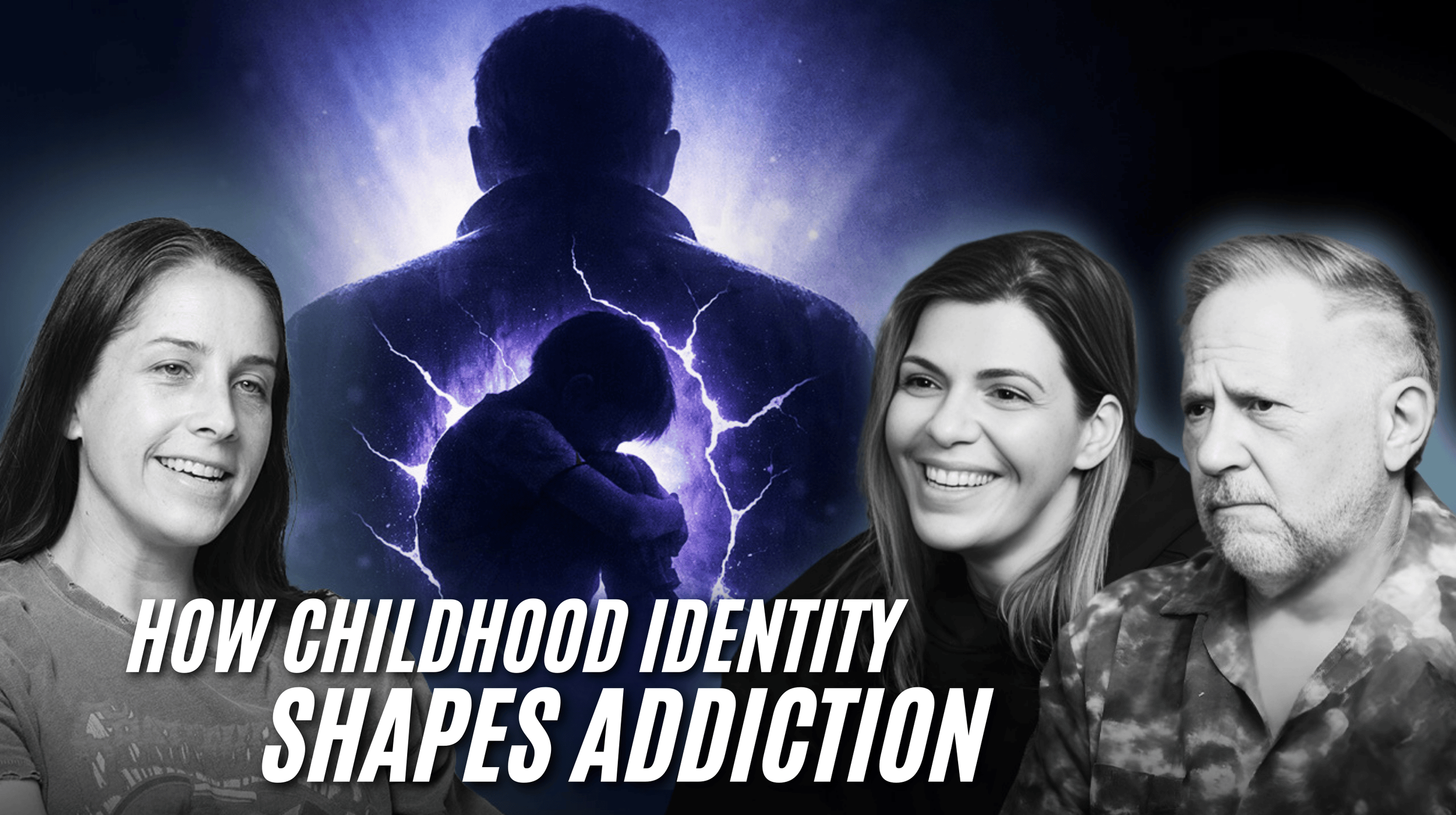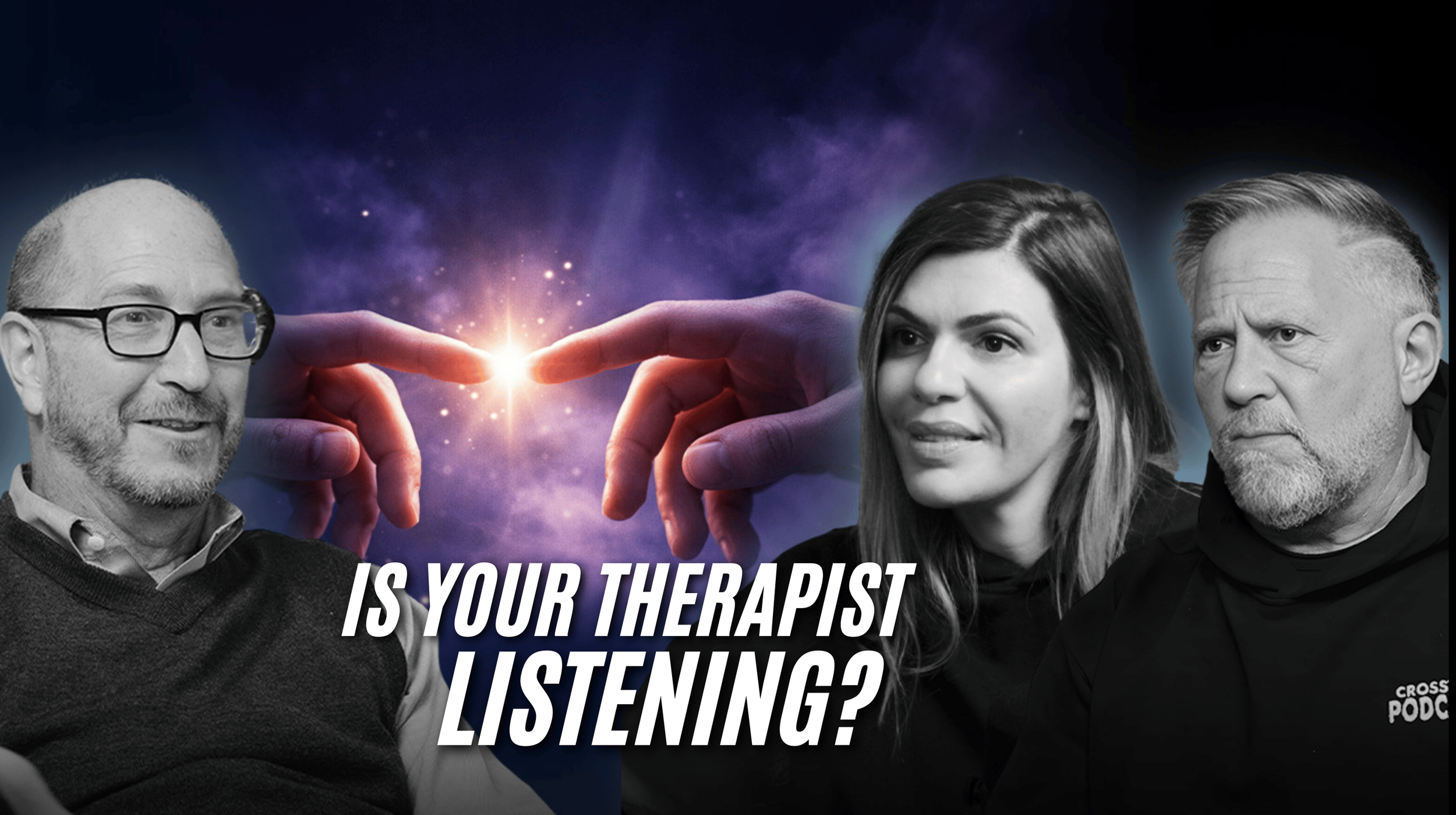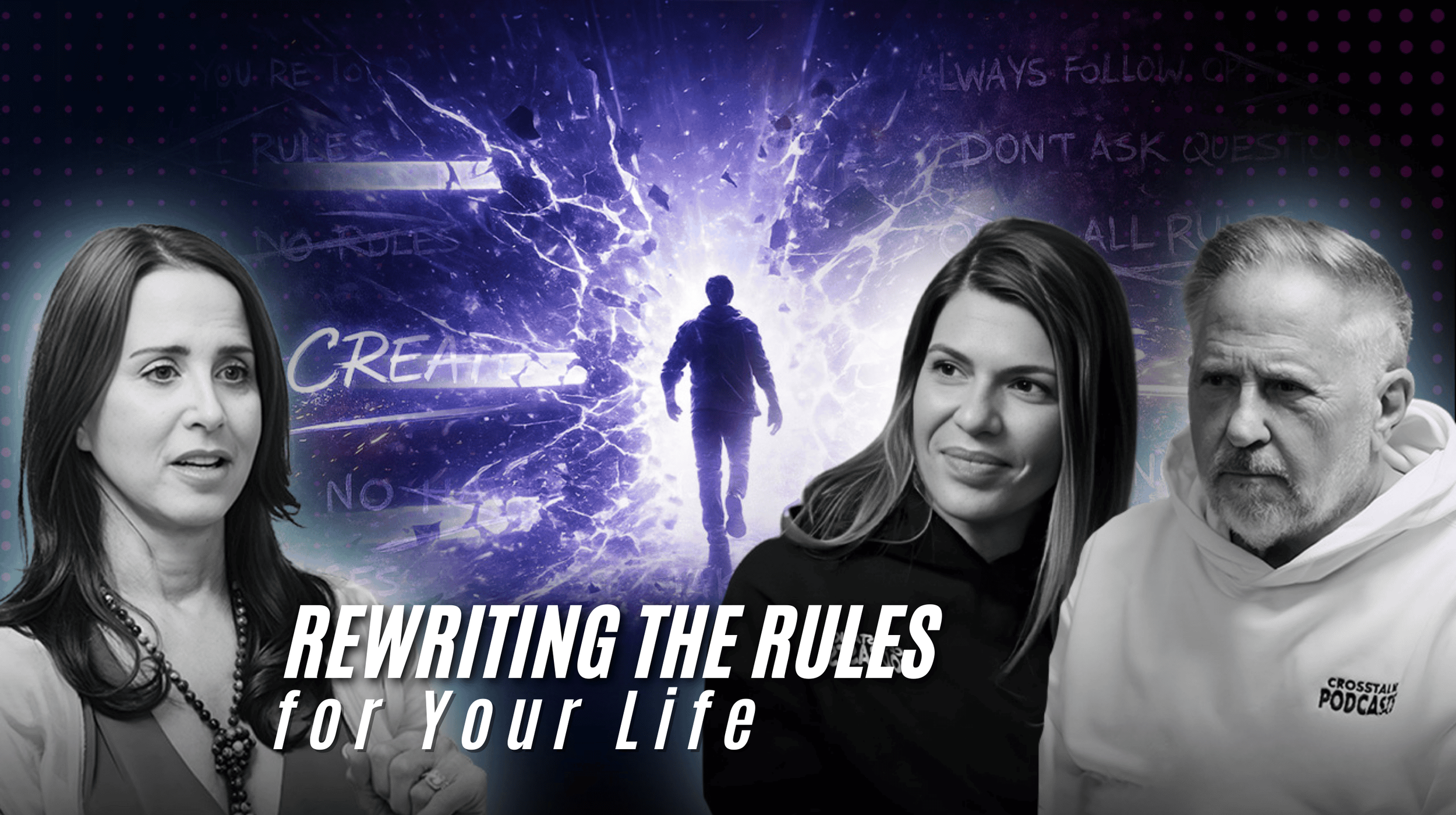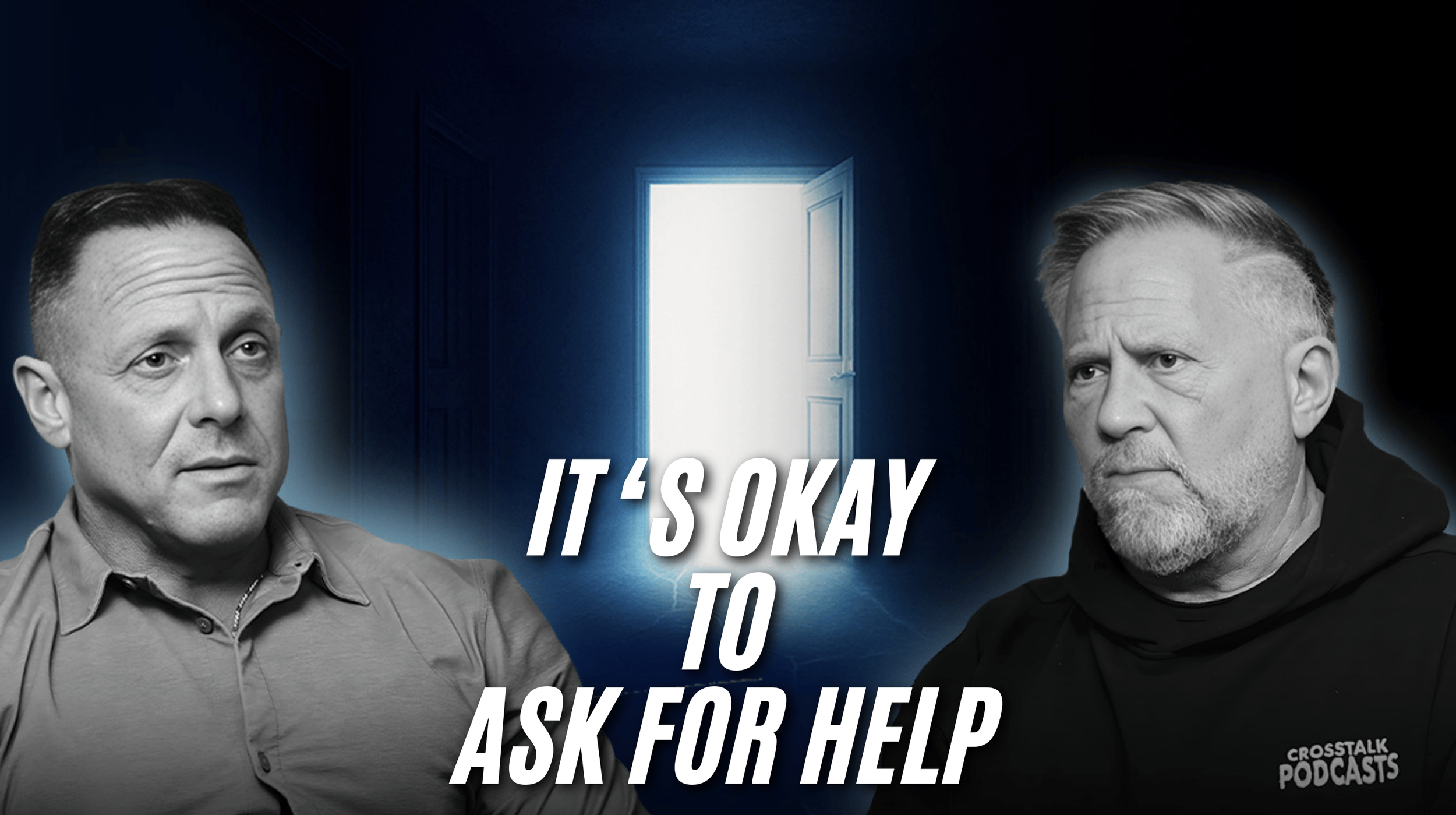The Impact of Following a Recovery Routine | Christine D ( Part 2 ).
Listen or watch on your favorite platforms
Meet Christine — a high-functioning professional, mother of two, and by all external measures, a woman who "had it all." But beneath the surface, she was fighting a war with alcohol that nearly destroyed her family, her career, and her sense of self.
Christine opens up about her long, spiraling relationship with alcohol: the hidden drinking, the emotional chaos at home, and the terrifying moments when she feared she’d lose her children. Despite maintaining a successful career and image, Christine reached a breaking point — alone on her favorite island, surrounded by empty bottles and haunted by shame. What followed was an unplanned intervention and an unexpected surrender.
In recovery, Christine discovered faith, community, and a deeper connection to herself and her family. From detoxing on Benadryl to finding safety in rehab and building a new life through therapy, meetings, and daily routines — her story is a powerful reminder that it’s never too late to change.
This episode will speak to anyone silently struggling, anyone feeling like they “don’t look like an addict,” and anyone curious about what recovery can really look like. Christine’s courage to share may just be the permission someone else needs to seek help. Whether you're in recovery, considering it, or supporting someone who is — this one is not to be missed.
A childhood defined by Chaos
Christine’s childhood wasn’t marked by obvious trauma—but rather a slow burn of internal discomfort. “I always felt a little bit like there was something wrong with me,” she admitted. She came from a successful family and lived a life of high expectations. Early on, she learned to perform, to please, to excel. But underneath the surface, a subtle message was forming: perfection equals love.
The First Drink and the Escape It Brought
Alcohol wasn’t just a drink—it was a solution. For years, Christine could “successfully” manage her drinking, justifying it because she never fit the stereotypical image of an alcoholic. “I had a million-dollar job, two kids in private school, a home. How could I be an alcoholic?” The first time she used alcohol to cope, it gave her a sense of ease she couldn’t access otherwise. And as her responsibilities grew, so did her reliance.
The Grip of Addiction
Christine went on to build a successful career in pharmaceuticals and advertising, priding herself on being “high-functioning.” But behind the achievements was a woman who drank to manage emotions, cope with stress, and silence the internal chaos. After her divorce at 41, things escalated. “Liquor stores delivered. You didn’t need a car. You didn’t need a reason,” she said of her New York City lifestyle. She drank vodka while reading, wine while doing dishes, and more wine in bed—justifying it as a way to unwind. “I was controlling it,” she told herself. In reality, alcohol was controlling her.
Active Addiction - The Descent
The real rock bottom wasn’t loud—it was silent. “I went to Nantucket—my happy place—and felt absolutely nothing. I drank through every liquor store and dumped the bottles at the landfill so the garbage men wouldn’t know how much I drank.” Then came the Patriots football game. Christine drank early, passed out, and woke up in a home full of dog feces and missing contacts. “I was terrified. I finally admitted—I was sick. I needed help.”
She attempted to detox alone using Benadryl and melatonin, hiding her withdrawal symptoms even while going to work. “I was itching, sweating, losing sleep—and I still thought it was menopause.” When an intervention followed days later, Christine was already planning to attend outpatient treatment. But her family had a bigger plan—residential rehab. “I fought it, but I agreed. My daughter looked at me and said, ‘I just want you to be better.’ That broke me.”
The Path to Recovery
Christine entered treatment at Karen in Pennsylvania, terrified and angry—but ready. “Once I walked in and said, ‘Hi, I’m Christine. I’m an alcoholic,’ it was like the weight lifted off me.” For 30 days, she absorbed everything. “I didn’t even know I was in a 12-step program—I was just trying to figure out how not to drink.” And somehow, she found love, connection, and spirituality. “They loved me before I loved myself.”
She left treatment with a plan—and followed it to the letter. 90 meetings in 90 days became 180. “I didn’t question it. I just followed the leader.” Early recovery was raw, emotional, and disciplined—but it was working. “I began knitting just so I could sit through all the meetings.”
Life today
Today, Christine lives with intention. “Every morning, I wake up an untreated alcoholic. I have to treat my disease—so I pray, I walk, I meditate, I connect.” Recovery gave her a new lens on life: one of service, joy, and spiritual grounding. “I smile at strangers. I talk to people in the grocery store. I live differently now.”
She leans on her community of sober women and her spiritual practices to stay grounded. “If they can love me, then I can learn to love myself.” Her life is proof that recovery isn’t about what you’ve lost—it’s about what you gain when you stop running.
“I thought I had to prove I was a good mother, a good partner, a good provider. But none of that meant anything until I became honest with myself.”
Her story is a message of hope for any parent, professional, or person battling inner demons: recovery is not only possible—it’s worth it
FAQs
1. Can you be an alcoholic if you’re still functioning in daily life?
Yes—many alcoholics maintain jobs, families, and social lives while still suffering from addiction.
2. What is an intervention and how does it work?
An intervention is a planned meeting led by loved ones (and often a professional) to encourage someone to seek treatment for addiction.
3. What are signs of alcohol withdrawal?
Common symptoms include sweating, shaking, anxiety, itching, insomnia, and nausea.
4. How long does it take to recover from alcoholism?
Recovery is a lifelong process; initial treatment can last weeks or months, but ongoing maintenance is essential.
5. What is an IOP (Intensive Outpatient Program)?
An IOP is a structured treatment program that allows individuals to receive help while continuing daily responsibilities.
Related episodes
ABOUT CROSSTALK
CROSSTALK reveals real stories of everyday people and notable figures, sharing their journeys from struggles to life-changing 'aha' moments with all kinds .


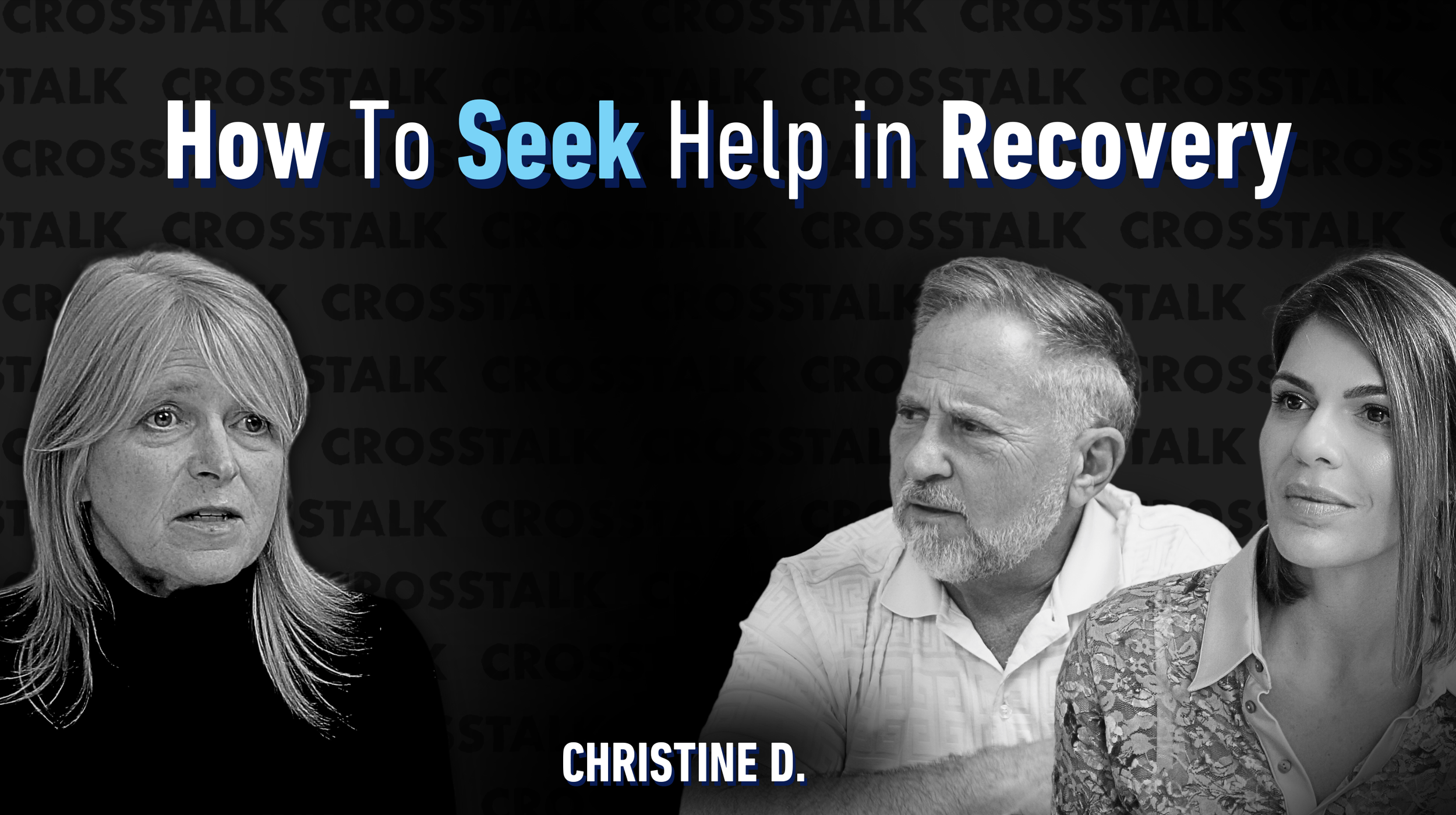
 Spotify
Spotify






